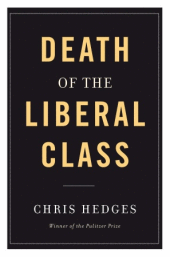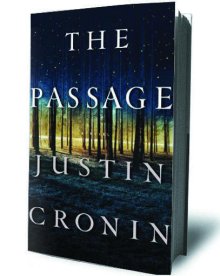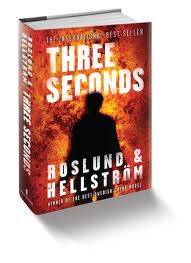Today’s list offers recommended reading on the topics of sustainability and community. Those terms mean different things for different people, so let’s just call this my personal list. I’ve either read these or had them recommended by people I know share the same aspirations in these fields as I do. Collectively, they provide a pretty good template for making a start on building a community that’s less wasteful and more attuned to community building and responsibility to our descendants.
I do not rank them in any order and I’m sure to have left some great books out because I’ve limited it to books I have on the shelves this very minute. For example, if on Saturday I sold my last copy of Animal, Vegetable, Miracle: A Year of Food Life by Barbara Kingsolver, et al., and it won’t be back in stock until Tuesday, then it won’t be on this list.
The Locavore’s Handbook: The Busy Person’s Guide to Eating Local on a Budget
Leda Meredith (Lyons Press) 9780762755486 – $16.95
Saving the Seasons: How to Can, Freeze, or Dry Almost Anything
Mary Clemens Meyer & Susanna Meyer (Herald Press) 9780836195125 – $24.99
American Wasteland: How America Throws Away Nearly Half of Its Food (and What We Can Do About It)
Jonathan Bloom (Da Capo Press) 9780738213644 – $26
Growing a Farmer: How I Learned to Live off the Land
Kurt Timmermeister (W.W. Norton) 9780393070859 – $24.95
Real Food: What to Eat and Why
Nina Planck (Bloomsbury) 9781596913424 – $15.99
The Locavore Way: Discover and Enjoy the Pleasures of Locally Grown Food
Amy Cotler (Storey) 9781603424530 – $12.95
Growing Roots: The New Generation of Sustainable Farmers, Cooks, and Food Activists
Katherine Leiner (Sunrise Lane) 9781603582889 – $35
Cheap: The High Cost of Discount Culture
Ellen Ruppel Shell (Penguin) 9780143117636 – $16
Nickel and Dimed: On (Not) Getting By in America
Barbara Ehrenreich (Henry Holt) 9780805088380 – $14
The Case Against Wal-Mart
Al Norman (Raphel Press) 9780971154230 – $19.95
The Community Building Companion: 50 Ways to Make Connections and Create Change in Your Own Backyard
Peter D. Rogers, Lisa Frankfort, and Matthew McKay (New Harbinger) 9781572242883 – $10.95
Common Ground in a Liquid City: Essays in Defense of an Urban Future
Matt Hern (AK Press) 9781849350105 – $17.95
Beginner’s Guide to Community-Based Arts: Ten Graphic Stories About Artists, Educators & Activists Across the U.S.
Keith Knight, Mat Schwarzman, and many others (New Village Press) 9780976605430 – $19.95
Growing Local Value: How to Build Business Partnerships That Strengthen Your Community
Laury Hammel and Gun Denhart (Berrett-Koehler) 9781576753712 – $16.95
Stuff: Compulsive Hoarding and the Meaning of Things
Randy O. Frost and Gaile Steketee (Mariner Books) 9780547422558 – $14.95
Be the Change: How to Get What You Want in Your Community
Thomas Linzey with Anneke Campbell (Gibbs Smith) 9781423605614 – $12.99
Deep Economy: The Wealth of Communities and the Durable Future
Bill McKibben (Henry Holt) 9780805087222 – $14
All That We Share: A Field Guide to the Commons
Jay Walljasper (The New Press) 9781595584991 – $18.95
All of these books are in stock and can be researched further at our online store here. In honor of all the great news this week about the move toward a more sustainable future, these titles will be on sale for the remainder of February at a 20 percent discount from the list price, while supplies last. Think of it as your reward for reading these weekend blog postings.
And if you know my wife, Ann, join me in wishing her a happy 50th birthday (no, she doesn’t look it, does she?) on Tuesday. Were it not for her, there would not be a Destinations Booksellers.










